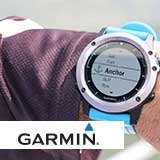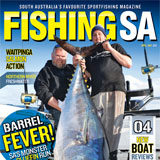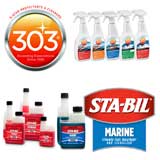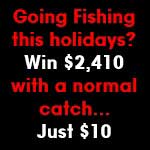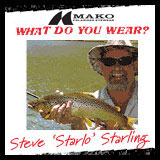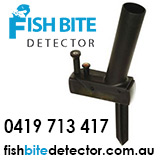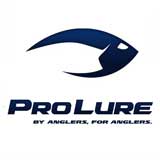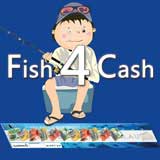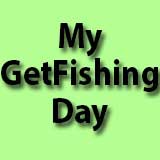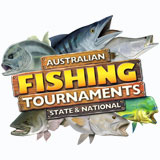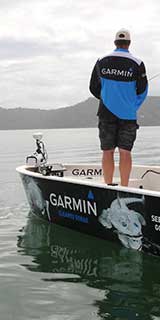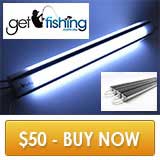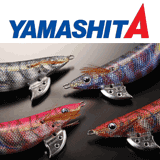Species ID
View AllAustralian Bass
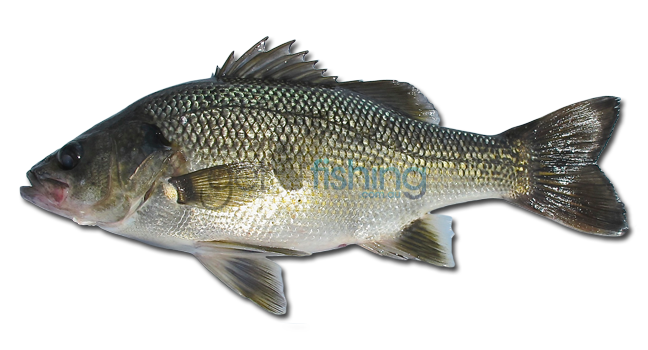
Australian bass are an iconic Australian freshwater target species for east coast anglers. They are aggressive fighters that spend most of the time in and around structure of some description.
When targeting Bass look for areas of structure such as; fallen trees, rock bars, thick vegetation and deep pools generally adjacent to the deeper edge of the river.
There are 3 main ways to target Bass including:
1) throwing sub-surface lures around structure
2) surface luring
3) fishing well presented live baits.
Bass can be taken on a variety of live offerings but arguably the most enjoyable and sporting way to target them is on lure. Whether targeting Bass by foot or by boat, find a promising piece of structure and approach it with stealth. Get yourself within casting distance but no closer and cast towards the structure, working your lure away from it. If you hook up go hard and keep the fish’s head moving forward.
Rod & Reel
To get more enjoyment out of your Bass fishing it’s best to adopt a finesse approach with a lightweight, light line outfit. Go for something like a 2-4kg 7-foot graphite spin rod and a 1000-2500 size reel to suit.
Line and leader
- Lure: 4-6lb braid. 1.5m 5-8lb monofilament (surface) or fluorocarbon (sub-surface) leader. Fish heavier if you encounter regular bust-offs.
- Bait: 4-6lb monofilament & 0.5-1.0m 5-8lb fluoro-carbon leader. As above regarding bust-offs.
Terminal Tackle
- Lure fishing: Trebles – Decoy YS 25’s, Owner ST-11’s, or VMC. Jigheads – 1/32 – 1/4 oz to suit depth.
- Bait fishing: Size 1-6 hook, size 4-8 swivel, size 0-2 ball sinker but limit weight where possible. Un-weighted if using live insects.
Best Lures
- Surface: Jitterbugs, Crazy Crawlers, Megabass baby Griffon Zeros, Lucky Craft NW Pencils.
- Sub-surface: Most Vibe, Jackall, Megabass, spinnerbaits, Ice jigs or blades. 80mm Bloodworm Squidgie Wrigglers.
Best Bait
Best baits are live insects, yabbies, garden worms, grubs or any crawlies found in the area.
Filleting
Catch and release sport fishing recommended.
Hints and tips
Bass are caught in freshwater impoundments and the freshwater reaches of coastal rivers from the Sunshine Coast Queensland to Wilsons Promontory Victoria. Anglers adopt a sporting finesse approach by targeting them on lure with light line and lightweight outfits.
When fishing from a boat use an electric motor to hold position as far from the fish as possible to keep the bite going a bit longer.
During daylight hours Bass reside in and around structure so focus your efforts in these areas.
Apply stealth tactics and fish light. If big fish are busting you off then upsize line & leader.
Releasing fish straight back into the water can spook the school. Use a livewell and release fish later. Note: remember to still adhere to the legal bag limits, as fisheries officers will assume you’re guilty.
Rigging for surface luring
The trend amongst anglers targeting Bass on lure would have to be braided line but monofilament also has it’s advantages. Attach the mainline to a 1-2m fluorocarbon or monofilament (for surface luring) leader with a joining knot such as an Albright or Double Uni. Attach the leader to the lure with a loop knot such as a Lefty’s Loop, Perfection Loop or Rapala Knot. This will optimise its action and allow the lure to swim freely in the water.
Rigging for bait fishing
Rigs vary between anglers and states but a simple rig that works consists of a size 1-6 hook, 0.5-1m fluorocarbon leader, and a running ball sinker either between the hook and swivel or running freely above the swivel. When using bait use as little weight as possible. In some situations no lead is possible, which is a great way to present live insect baits on the surface. Bait up with a live cicada or garden worm and you’re in business. When preparing the bait be sure to expose the point of the hook.
Information courtesy of Danny Weaver, Gold Coast QLD, DAFF QLD, and DPI Fisheries VIC. Photos courtesy of Greg Weaver.
Australian Bass inhabit the upper reaches of coastal rivers and lakes between the Sunshine Coast QLD south to Wilsons Promontory VIC. They spend most of the year in the fresh but move down into the estuary during winter to breed. They are also stocked in a number of impoundments.
Most dam fish have a muddy taste compared to wild bass which taste much nicer depending on environments they live in. In saying this, we strongly encourage catch and release of this magnificent iconic species.
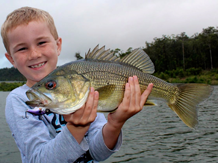
- Are from the family Percichthyidae (temperate perches)
- Often mistaken for Estuary Perch (macquaria colonorum)
- Juveniles banded with a dark blotch on the gill cover
- Can grow to 60cm in length

